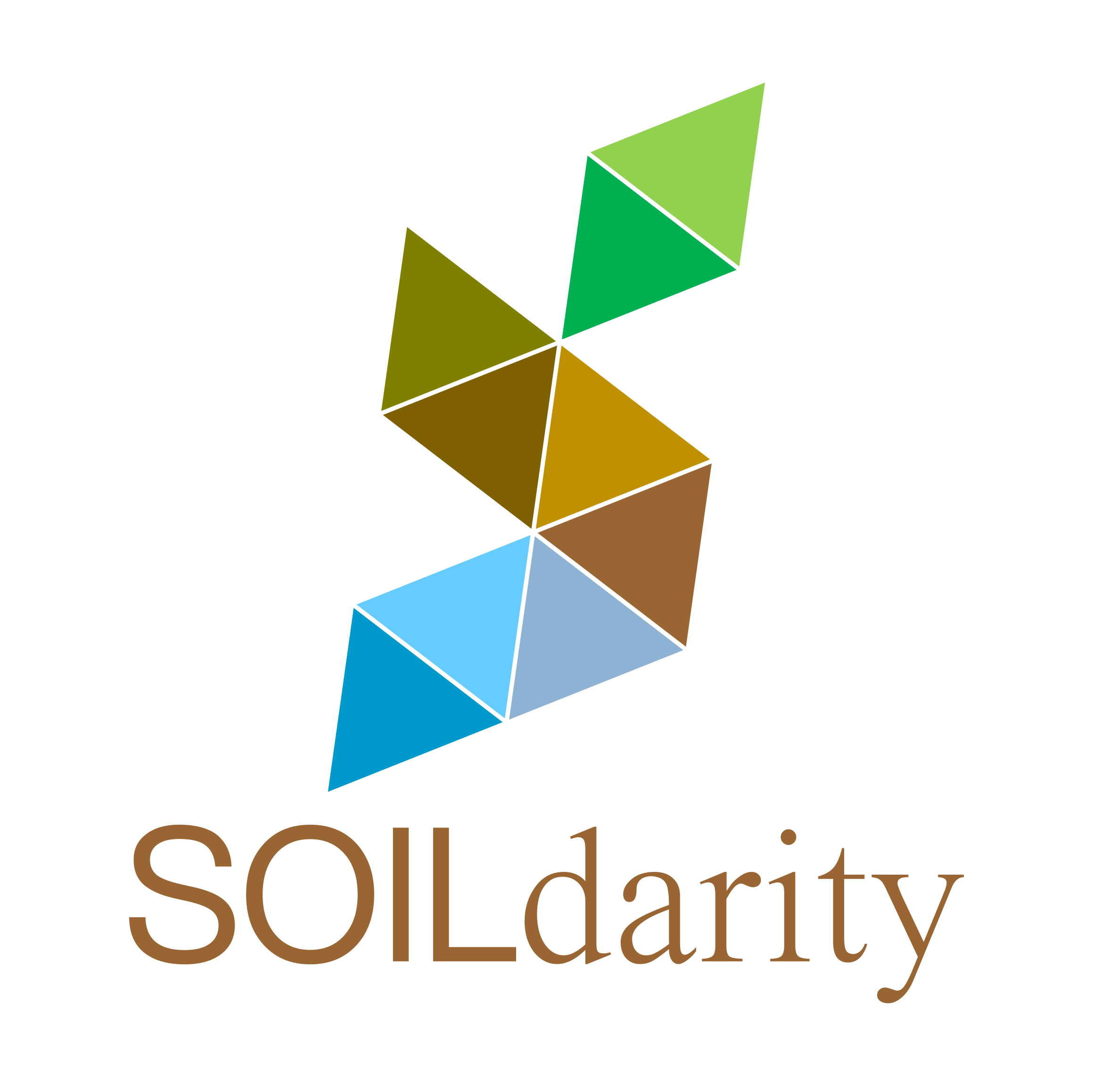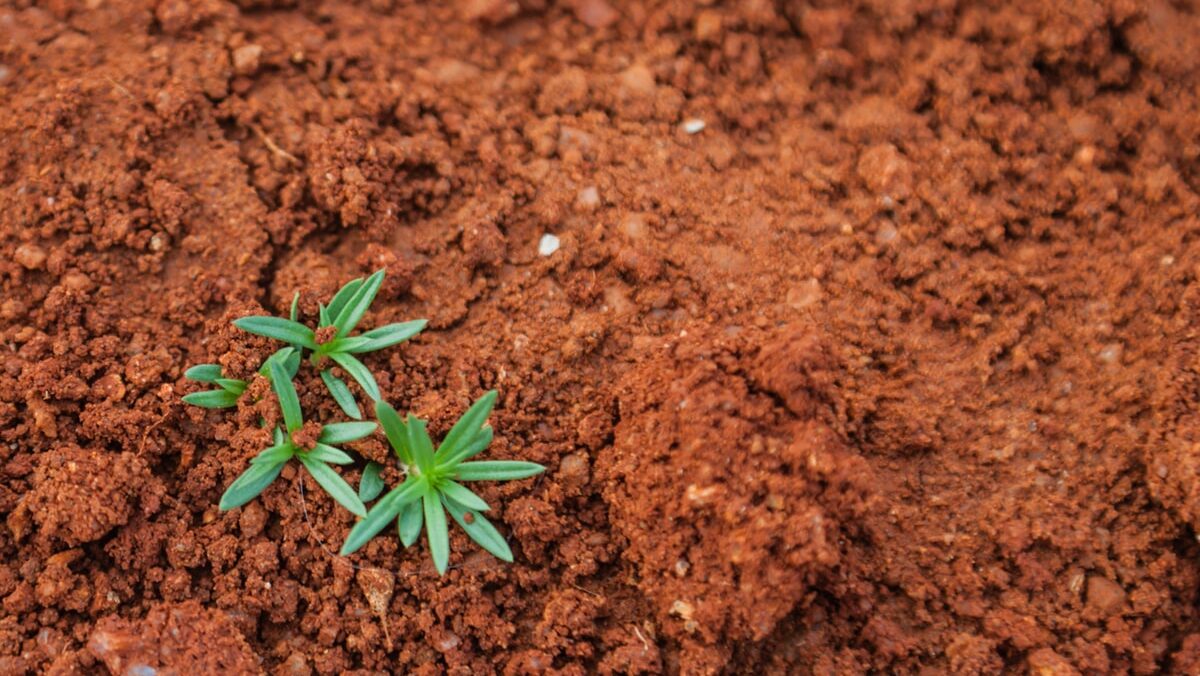SOILdarity has been launching its first training programme!
The programme is made up of two specilised courses:
- The multi-module course on the “optimisation of the use of treated waste waters as a source for alternative fertilisers”, and
- The multi-module course on “soil ecology in dry ecosystems”.
The courses will be held in Lisbon and will be given from June 2021.
Course 1: Optimisation of the use of treated waste waters as a source for alternative fertilisers
Phosphorous, a non-renewable resource, has been applied extensively in fields to increase crop yield, yet consequently has increased the potential of waterway eutrophication. Hence, there is an urgent need to develop an innovative method of P capturing, recycling and reuse that will sustain agricultural productivity while concurrently reducing the level of P discharge from and to agricultural settings. We will demonstrate the applicability of the widely produced by-products of drinking water utilities and desalinization plants known as Aluminum-based Water Treatment Residual (Al-WTR) and Iron-based Water Treatment Residual (Fe/WTR) respectively. Al- and Fe- WTR are known as an excellent P adsorbent and could be used to recover P from agricultural wastewaters; subsequently, it could be applied to the fields as a P fertilizer. We will show that Al-WTR and Fe-WTR behave as sinks and will adsorb inorganic P (Pi), along with organic P (Po), dissolved organic matter (DOM) and other constituents from agro-organic wastes. We will demonstrate that the sorption of multiple constituents generates an Al/Organic Composite (Al/O-WTR) and Fe/ Organic Composite (Fe/O-WTR) that will desorb Pi and Po more effectively in the field compared to Al-WTR and Fe- WTR. The workshop objectives are: 1) to develop a thorough understanding of the sorption mechanisms of Pi and Po onto the Al/O-WTR and Fe/O-WTR; and 2) to critically evaluate the performance of the composite WTRs as a fertilizer using selected plants grown in screen-houses and in test-fields.
Course 2: Soil ecology in dry ecosystems
Although hidden from the eye, it is becoming more and more clear, that the ecology of soil processes can have far reaching effects on the aboveground ecology of natural and agricultural habitats. The role of soil microbes in affecting forest health and crop yields is currently unravelling. The course will be made up of classroom lectures in which the role of soil microbes (with an emphasis on mycorrhiza and rhizobium) on forest ecology will be discussed. Each day will include a morning lecture followed by a field trip related to the taught material. Some of the topics that will be covered include nutrient cycling, the role of soil microbes in forest regeneration after disturbance, soil ecology and its effect on plant health, competitive interactions within the soil, plant soil feedback and their effect on plant community dynamics, soil microbes and invasive plant species.

